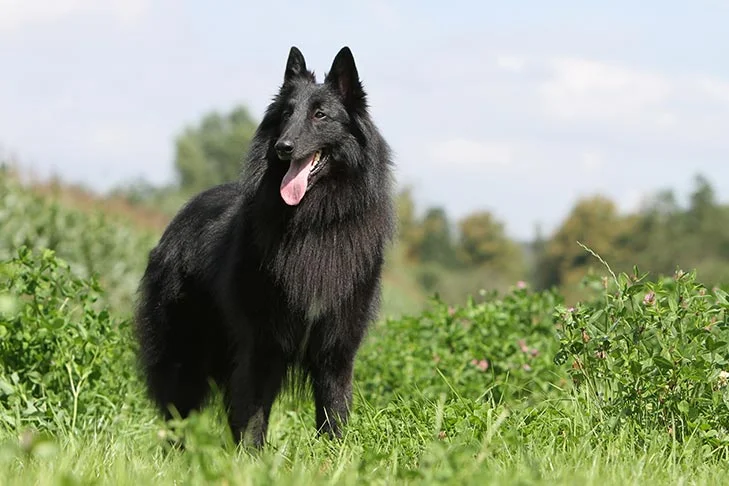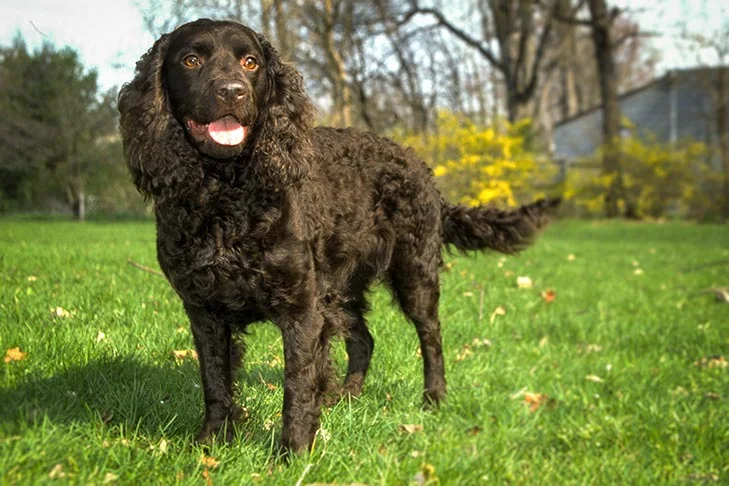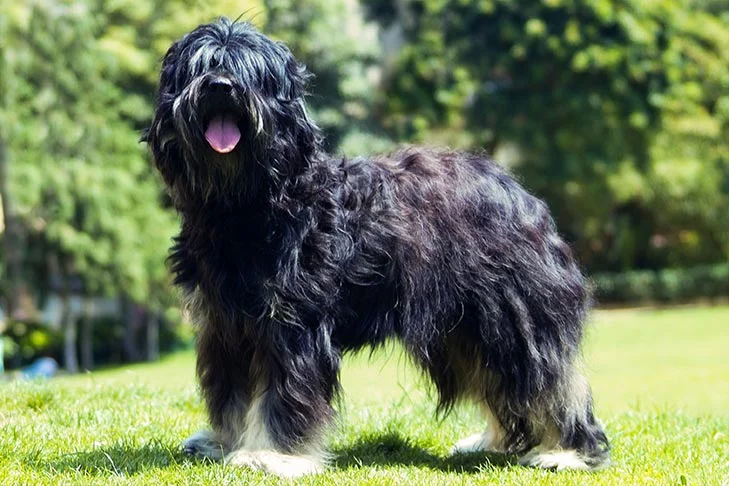Introduction
The Belgian Shepherd, also known as the Belgian Sheepdog, is a highly intelligent and versatile breed that originated in Belgium. They were originally bred for herding and protecting livestock, but have also been used as police and military dogs, as well as search and rescue dogs. Belgian Shepherds are known for their high energy levels and strong work ethic, making them a popular choice for active families and individuals who enjoy outdoor activities. They come in four distinct varieties: the Groenendael, Tervuren, Malinois, and Laekenois, each with their own unique coat color and texture.
Belgian shepherd Temperament
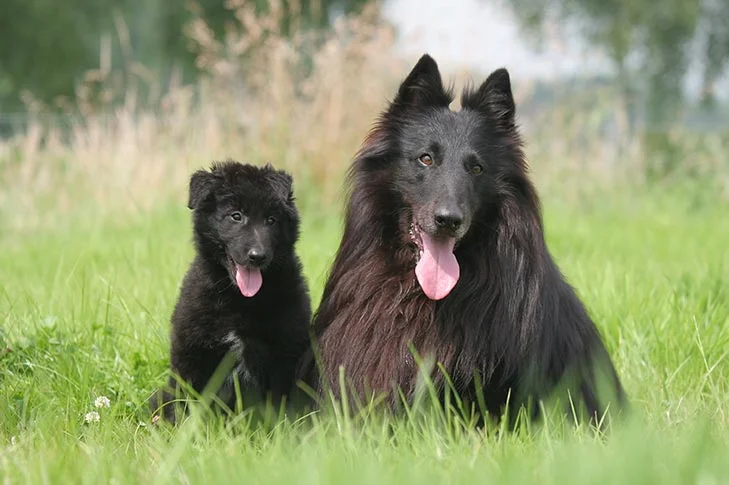
The Belgian Shepherd is a highly intelligent, energetic, and loyal breed known for their strong work ethic and trainability. They are highly responsive to their owner’s commands and excel in obedience training and agility competitions. Belgian Shepherds are also known for their protective instincts, making them excellent guard dogs and watchdogs. They form strong bonds with their owners and thrive on attention and affection. Due to their high energy levels, they require plenty of exercise and mental stimulation to prevent boredom and destructive behavior. Belgian Shepherds are a versatile breed that can adapt to a variety of living environments, but are best suited for active families or individuals with plenty of time to dedicate to their training and exercise needs.
Aggression
Aggressive behavior in Belgian Shepherds is not common, but can occur in certain situations. Like all dogs, Belgian Shepherds may display aggression if they feel threatened or are in pain. They are also highly protective of their family and territory, and may become aggressive towards strangers or other animals if they perceive them as a threat. Early socialization and training can help prevent aggressive behavior in Belgian Shepherds by exposing them to a variety of people, animals, and environments, and teaching them appropriate behaviors and reactions. It’s important to provide plenty of exercise and mental stimulation to prevent boredom and frustration, as these can also contribute to aggressive behavior. If your Belgian Shepherd is displaying signs of aggression, such as growling, snapping, or biting, it’s important to seek the advice of a professional dog trainer or behaviorist to address the underlying cause and prevent future incidents.
Health and Lifespan of Belgian shepherd
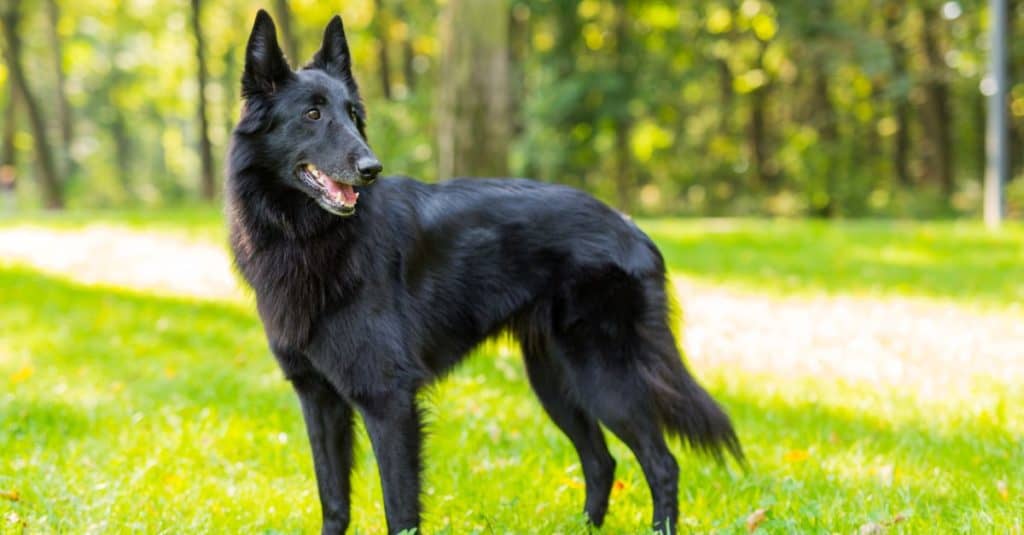
The average lifespan of a Belgian Shepherd is around 10-12 years, though some may live longer with proper care and attention. Factors that can affect a Belgian Shepherd’s lifespan include genetics, diet, exercise, and overall health. It’s important to provide routine veterinary care, including vaccinations, check-ups, and preventative measures for common health issues, such as hip dysplasia and eye problems. Feeding a high-quality diet and providing plenty of exercise and mental stimulation can also contribute to a longer and healthier life for your Belgian Shepherd.
Food
The best food for a Belgian Shepherd is one that meets their nutritional needs and supports their overall health and well-being. Look for high-quality dog foods that list meat as the first ingredient, and avoid those that contain fillers or artificial preservatives. Belgian Shepherds are an active breed that require a high protein diet, so look for foods with a protein content of at least 25%. Additionally, it’s important to consider your Belgian Shepherd’s age, weight, and activity level when selecting their food. Consult with your veterinarian to determine the best feeding regimen for your Belgian Shepherd.
Training for Belgian shepherd
Training a Belgian Shepherd requires patience, consistency, and positive reinforcement. These intelligent dogs respond well to reward-based training methods, such as clicker training or using treats and praise for desired behaviors. Early socialization is important to help your Belgian Shepherd learn to interact appropriately with other people and animals. Basic obedience training, such as teaching your dog to come when called, sit, and stay, is also essential. Belgian Shepherds are an active breed that benefit from regular exercise and mental stimulation, so incorporate activities like agility training, hiking, and puzzle toys into their routine. It’s important to establish yourself as the pack leader and set clear rules and boundaries for your Belgian Shepherd. If you’re struggling with training or behavior issues, consider seeking the help of a professional dog trainer or behaviorist.
Conclusion
In conclusion, the Belgian Shepherd is an intelligent, loyal, and active breed that can make a great companion for the right owner. These dogs require regular exercise and mental stimulation, as well as proper training and socialization to thrive. With the right care and attention, a Belgian Shepherd can be a wonderful addition to any household. However, it’s important to consider the breed’s strong personality and exercise needs before deciding if a Belgian Shepherd is the right dog for you. As always, consult with a veterinarian or professional trainer if you have any questions or concerns about caring for your Belgian Shepherd.
